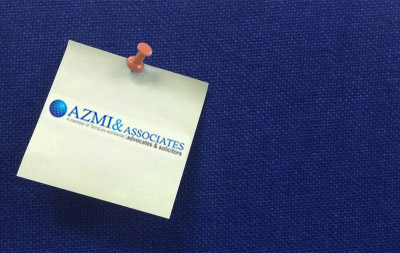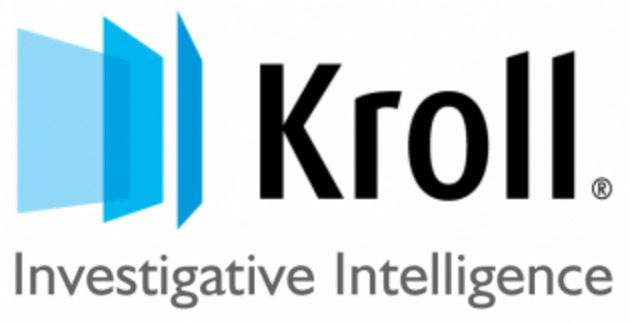 By Norhisham bin Abd Bahrin, AZMI & Associates
By Norhisham bin Abd Bahrin, AZMI & Associates
Introduction
Labuan is a popular mid-shore asset leasing jurisdiction with its popularity stemming from a favourable tax framework which, among others, boasts low corporate tax and access to the Malaysian Double Taxation Network. Per the Labuan Financial Services Authority (LFSA) Annual Report 2016, there are 383 leasing companies operating in Labuan and the total value of leased assets stands at USD50.6 billion and the total value of aviation-related leasing assets stands at approximately USD15 billion, representing 30 percent of the total value of assets leased.
Revised Guidelines — key changes
On December 29, 2017, the LFSA issued the revised Guidelines on the Establishment and Operations of Labuan Leasing Business which supersedes the previous guidelines issued on August 1, 2013. The Revised Guidelines came into effect on January 1, 2018 except for the substance requirements under paragraph 7.11 of the Revised Guidelines which will come into effect on January 1, 2019.
The Revised Guidelines is applicable to all Labuan companies carrying out the business of property letting or sub-letting and property includes any plant, machinery, equipment, chattel, aircraft and ships. One of the key changes under the Revised Guidelines is the introduction of the substance requirements which essentially require that Labuan leasing companies (LLC) establish substantial activities and perform strategic functions in Labuan. The four main substance requirements outlined by the LFSA include but are not limited to the following:
- Physical presence: maintaining an operational office in Labuan;
- Key leasing activities: carrying out core income generating activities from the operational office in Labuan;
- Employment: employing an adequate number of full time staff with relevant qualifications and experience in the leasing business; and
- Annual business spending: incurring adequate business spending in Malaysia and Labuan.
The issuance of the Revised Guidelines is a result of the Malaysian government’s review of Labuan’s tax framework in light of international tax practices and to ensure that the country’s commitments as an associate of the Organisation for Economic Co-Operation and Development’s Inclusive Framework on Base Erosion Profit Shifting (BEPS) Action Plan are kept. The BEPS Action Plan requires the implementation by participating countries of certain standards to prevent multinational tax avoidance.
Aircraft leasing business
It is common for players in the aviation industry to incorporate LLCs for leasing transactions with Malaysian entities and structure their respective leasing or aircraft financing transactions via LLCs in order to avoid withholding tax on lease and/or debt payments. The LLCs would in essence be shell companies devoid of physical presence and employees, with management control exercised out of Labuan.
The practice above was generally accepted as substance, in the context of tax liability, had never been a major issue for LLCs prior to the issuance of the Revised Guidelines. In fact, the Malaysian Courts in Ensco Gerudi (M) Sdn Bhd (Ensco) v Director General of Inland Revenue Malaysia (unreported) ruled that tax structures involving Labuan shell companies, including those incorporated for the purpose of avoiding withholding tax, are legitimate methods of tax mitigation as long as they are done in accordance with the law and with the requisite approvals having been obtained. With the issuance of the Revised Guidelines, the question on substance has now become moot.
Other requirements
Apart from the substance requirements under the Revised Guidelines, LLCs are also required to comply with the following:
- Sufficient capitalisation: LLCs are now required to ensure sufficient capitalisation.
- Leasing approval: All leasing transactions and any change in lease assets will now require LFSA’s prior approval.
- Licensing fees: The annual licence fee payable for leasing businesses is M$60,000 and for every subsequent leasing transaction, the fee payable is M$20,000. The previous guidelines exempted payment of licensing fees where the leasing transaction is entered into between LLCs and non-residents.
Conclusion
Compliance with the Revised Guidelines would mean that most, if not all, LLCs would be required to reorganise their existing business operations in order to maintain their leasing business in Labuan. In the current climate of intense competition in the aircraft leasing sector, LLCs would have to balance the financial costs and operational requirements on compliance with the Revised Guidelines with tighter margins and the falling values of aircraft.
At this juncture, an LLC needs to ensure that it complies with the new requirements under the Revised Guidelines. As for the substance requirements which have yet to come into effect, LLCs should take advantage of the transition period to fully understand such requirements and their business impact so that compliance strategies could be formulated and executed once all of the provisions under the Revised Guidelines become effective next year.

T: (603) 2118 5000 ext 5016













 Azmi & Associates
Azmi & Associates Dato’ Azmi Mohd Ali
Dato’ Azmi Mohd Ali Norhisham Abd Bahrin
Norhisham Abd Bahrin Syed Zomael Hussain
Syed Zomael Hussain







